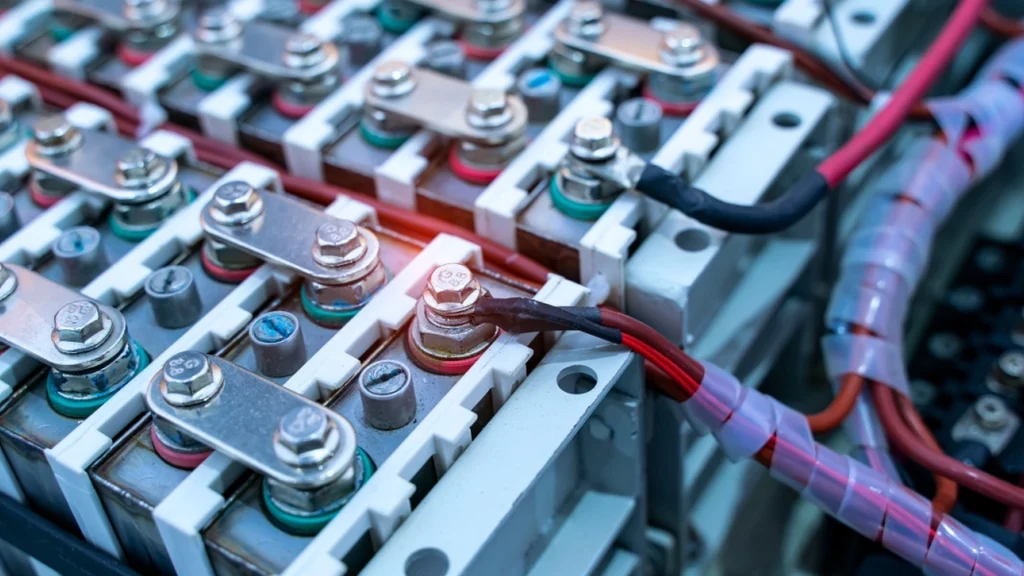Researchers have developed a groundbreaking battery material from common rock.
Others are reading now
A new breakthrough in battery technology could soon change the landscape of the electric vehicle (EV) market, thanks to a material as humble as stone.
Researchers at the Technical University of Denmark (DTU) have developed a super-ionic material based on potassium silicate, a compound extracted from ordinary rocks.
This innovation could potentially revolutionize the way we power electric cars.
Also read
For years, lithium-ion batteries have dominated the EV industry, but they come with drawbacks.
Lithium is not only expensive but also environmentally damaging to extract, creating an need for more sustainable and accessible alternatives.
The DTU team’s solution could be just what the industry needs.
Potassium silicate, the key material in this new battery technology, is abundantly available in the earth’s crust.
This makes it a far more sustainable resource compared to lithium, which is scarce and costly.
Potassium silicate is also resilient to air and moisture, allowing it to be easily integrated into batteries as a thin layer without the need for expensive protective measures.
This property not only simplifies the production process but also enhances the safety and cost-effectiveness of the batteries.
Mohamad Khoshkalam, the project leader, is optimistic about the material’s potential.
According to Recordere, Khoshkalam has already secured a patent and is in the process of establishing a startup company, K-Ion, to further develop this technology for commercial use.
The team’s next major milestone is to create a prototype battery that demonstrates the capabilities of potassium silicate to potential investors and industry partners.


